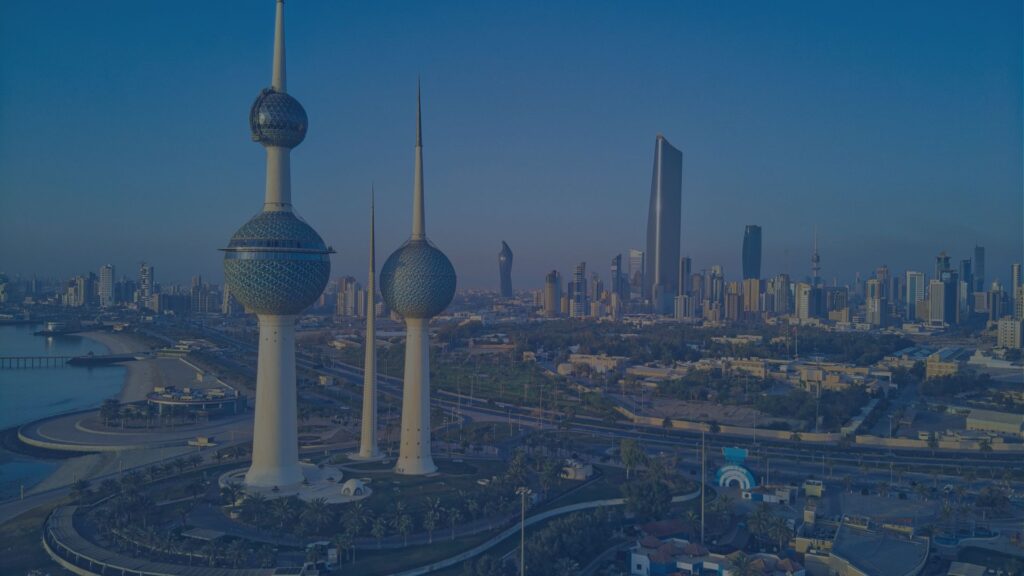
Recent global developments have made cybersecurity crucial for all sectors. Ed-Tech has experienced tremendous expansion at all educational levels in the last few years due to the pandemic.
Today, nearly every student has at some point attended their lessons using online meeting platforms. These Ed-Tech platforms are helping to gradually digitize the education sector. But as more educational institutions transition to virtual learning, Ed-Tech privacy has become a top concern for students, parents, professors, and school administrators. This means that while Ed-Tech businesses continue developing and providing fantastic learning solutions, they must prioritize student privacy.
Data privacy is a major issue for everyone, but it becomes much more important when dealing with the personal data of minors.
These challenges are associated with the shift to adopting digital tools to enhance education. Ed-Tech has emerged as the primary target of regular, intense cyber-attacks, which are growing exponentially each year. Invasion incidents usually occur because of a lack of data security and privacy implementation. Even a business with strict data security guidelines might fall victim to cyber assaults. This results from the fact that most Ed-Tech initiatives include several partners such as third-party vendors and these associates might not always adhere to the same standards.
It is crucial to maintain thorough protection against any external data theft. As such, Ed-Tech providers should comply with all the laws and regulations governing data protection.
What is Ed-Tech?
Ed-Tech can be defined as the concept of using IT resources in the classroom to create a more interactive, inclusive, and personalized learning environment.
Tablets and even robots that can take notes and document lectures for ill students have replaced the bulky desktop PCs that were previously the standard in classrooms.
The proliferation of Ed-Tech tools is transforming classrooms in several ways. Ed-Tech robots make it simple for students to stay interested through engaging learning activities while IoT devices are praised for their capacity to turn any space into a digital classroom for kids.
How is Ed-Tech Used?
Ed-Tech is a heavily debated subject. There are worries that Ed-Tech is a move to phase out certain in-class tasks to cut expenses because a sizable component of the educational system is unionized.
Ed-Tech developers highlight technology’s capacity for improvement, which frees the instructor to take on more of a facilitator role.
Due to time limits, it can be challenging for a teacher to follow the curriculum, stay up with lower-level students, and keep the class’s top students interested in their work. Ed-Tech can potentially improve results for both the class as a whole and individual students by automating the evaluation of aptitude and modification of difficulty.
There have been two phases of technology deployment in the classroom. The first was the addition of hardware to the lecture hall and the second was the introduction and development of various forms of education-enhancing software. Many of these applications are cloud-based and use algorithms to determine how quickly or slowly to move a learner along various learning objectives based on studies in education.
Ed-Tech Trends Across the UAE and Saudi Arabia
As schools quickly adopted technology to address limitations on in-classroom instruction during the COVID-19 outbreak, the education landscape in the Gulf underwent a seismic upheaval. The Middle East’s education technology market is now worth $350 billion and is expected to grow to $3.2 trillion by 2025.
The UAE’s favorable growth prospects for the Ed-Tech sector are only made possible by a highly skilled workforce and a government that supports education and facilitates the ease of doing business.
Online education was viewed as “supplemental aid” until the pandemic. The same regulatory organizations today approve of completely digitized education and enable, encourage, and support it in both early childhood education and higher education.
The experience of the pandemic has enabled ministries to fully understand the potential benefits of Ed-Tech, as well as its drawbacks. Although governments initially forced it upon ministries due to public health concerns, it has created new opportunities.
As things settle into the new normal, most educational institutions in the Gulf plan to run more like digital businesses.
In this new context, ICT will operate in a mixed learning environment as a “cognitive partner.” Institutions will rely on digital technologies to engage students, handle homework and exams, and conduct digital versions of auxiliary activities like virtual campus tours and recruitment.
Broad-reaching digital efforts are being implemented by Gulf educational institutions. This includes a greater focus on automation and process re-engineering for digital campuses, quick absorption and acceptance of digital education technology, and improved digital data governance and trust.
Artificial intelligence is another promising field within the education sector. Some of the forward-thinking institutions in the Gulf are already exploring more sophisticated use cases,such as personalized and adaptive learning. In contrast, the early use cases concentrated on automating processes like attendance monitoring and test grading.
Ed-Tech Regulations in the GCC and How Companies Can Protect Themselves
The growing frequency of data breaches in the Gulf has heightened the debate over data protection and privacy and sparked various initiatives in both the public and commercial sectors.
Ever since the General Data Protection Regulation (GDPR) was adopted by the EU, businesses in the GCC have been striving to implement policies and methods to comply with these new regulations. Thanks to technological advancements, data is in more demand and more readily available than ever before. However, as recent events have demonstrated, malicious people can use personal data for political and economic purposes.\
GDPR has highlighted the interconnectivity of our digital world by bringing data protection issues to a global audience. The GCC has passed measures to guarantee compliance with the GDPR and other global data protection rules.
Therefore, Ed-Tech companies in the GCC are in a better position to protect themselves if they adhere to GDPR laws and other national-level regulations on data protection.
With the greater focus on data privacy and regulations in the GCC, Ed-Tech companies must take stringent measures to ensure they are compliant with the laws and regulations governing data protection.
We give our clients strong substantive expertise in all facets of the education industry together with the most effective business and litigation strategies. We concentrate on the specific requirements of fast-growing businesses involved in the creation of cutting-edge educational tools, resources, and solutions, and we also work with the universities and other organizations that use these technologies.





